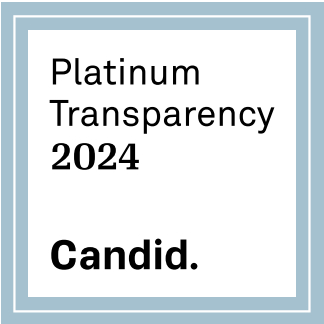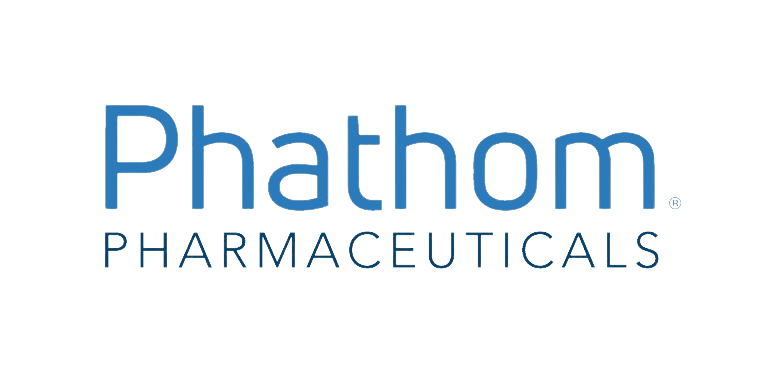The H2 blockers (also called H2 antagonists) were the first effective drugs for peptic ulcer. In the 1980s, they were the mainstay of treatment for ulcers and gastroesophageal reflux disease (GERD).
Now, antibiotics cure non-NSAID ulcers, and proton pump inhibitors (PPIs) are better for GERD. Therefore, H2 antagonists face an uncertain future as prescription drugs.
Nonetheless, they are comparatively cheap, effective, and safe for heartburn relief. Lower dose preparations are available over-the-counter to be used for mild heartburn.
Histamine stimulates cells in the stomach lining to produce hydrochloric acid. Histamine also affects the H1 receptors on the nasal mucosa, bronchi, and skin that participate in allergic reactions such as hay fever and hives. These can be treated by antihistamines that block the H1 receptor.
There are four H2 blockers available by prescription:
- cimetidine (Tagamet)
- ranitidine (Zantac)**
- nizatidine (Axid)
- famotidine (Pepsid)
There are also generic forms available. They are equally effective in their available doses and compete for the same receptor. Side effects may vary from one drug to another.
Action of H2 blockers
The H2 blockers compete with histamine for H2 receptors on the stomach’s parietal cells and thereby depress the production of hydrochloric acid. They are rapidly absorbed reaching peak blood levels in 1 to 3 hours.
Acid-suppression lasts several hours thereafter and permits peptic ulcers to heal over a few weeks. It also counteracts the corrosive effects of acid, which refluxes into the esophagus (food pipe) and causes heartburn.
Unwanted actions
H2 antagonists have been so widely used that many side effects are attributed to them, although not necessarily caused by them.
Unexpected effects required cessation in only 1.5% of patients receiving the drugs in clinical trials, compared to 1.2% for the placebo. Thus, the H2 blocking drugs are relatively safe and their sale permitted without prescription.
Nevertheless, unwanted side effects and possible interactions with other drugs may sometimes occur. Be sure to understand what these are by talking with your healthcare provider.
Safety has not been proven in pregnant women and the drugs appear in breast milk.
Avoid the use of more than one drug, and never use the H2 antagonists without a firm indication from your doctor. If you must take other medication, discuss H2 blocker use with a pharmacist or doctor.
Use
H2 antagonists are effective in most cases of heartburn that do not respond to life-style measures. However, severe heartburn, especially if complicated by inflammation of the esophagus (esophagitis) with bleeding or stricture, requires a proton pump inhibitor.
H2 antagonists are misused if taken for dyspepsia, irritable bowel syndrome (IBS), or other abdominal pains that are unaffected by the presence of gastric acid.
Failure of an H2 blocker to relieve heartburn in a few days, bleeding, or swallowing difficulties should be promptly reported to a physician.
In addition to the four patented drugs named above, there are many generic versions. These come in a variety of formulations; capsules, pills, chewable, liquid, effervescent, or combined with antacids. Users should always read the label, and any questions addressed to a pharmacist or doctor.
Summary
Histamine H2 blockers inhibit the action of histamine on gastric H2 receptors thereby decreasing gastric acidity. They were considered a breakthrough in the treatment of peptic ulcer disease when first introduced. Now that antibiotics cure non-NSAID ulcers, and PPIs control severe esophagitis, there is much less need for them. Nevertheless, they are relatively safe and inexpensive.
Lower-dose, over-the-counter preparations – taken as directed – are useful for moderate and occasional heartburn. Data do not support their use in abdominal pains due to other causes.
Adapted from IFFGD publication: H2 Blockers – Indications, Effectiveness and Long-term Use by W. Grant Thompson, MD, FRCPC, Emeritus Professor of Medicine, University of Ottawa, Ontario, Canada
** Beginning September 2019, the US Food & Drug Administration (FDA) is alerting health care professionals and patients of specific recalls of ranitidine (Zantac). Find FDA details here








